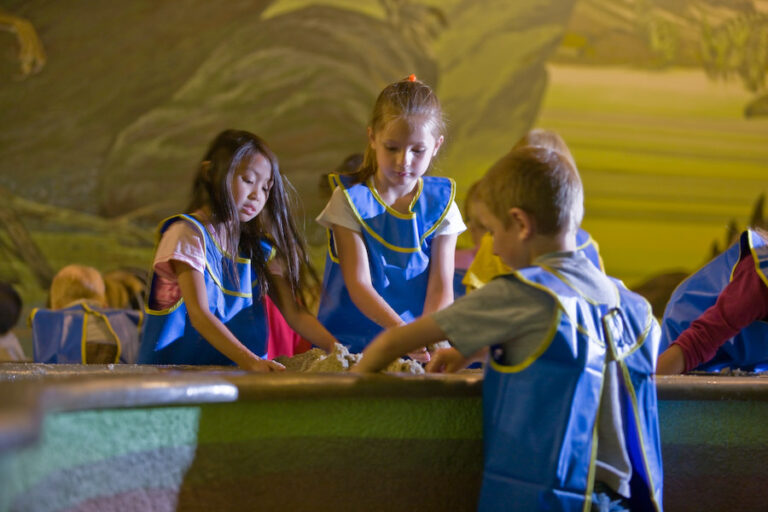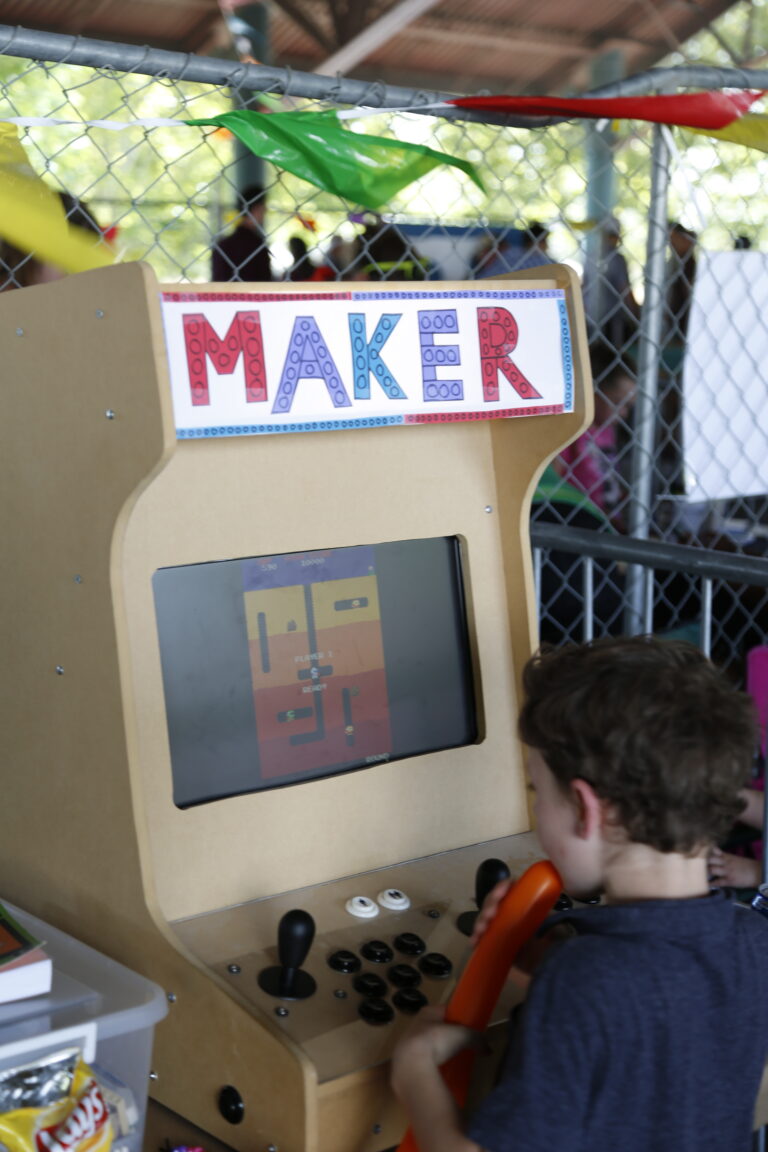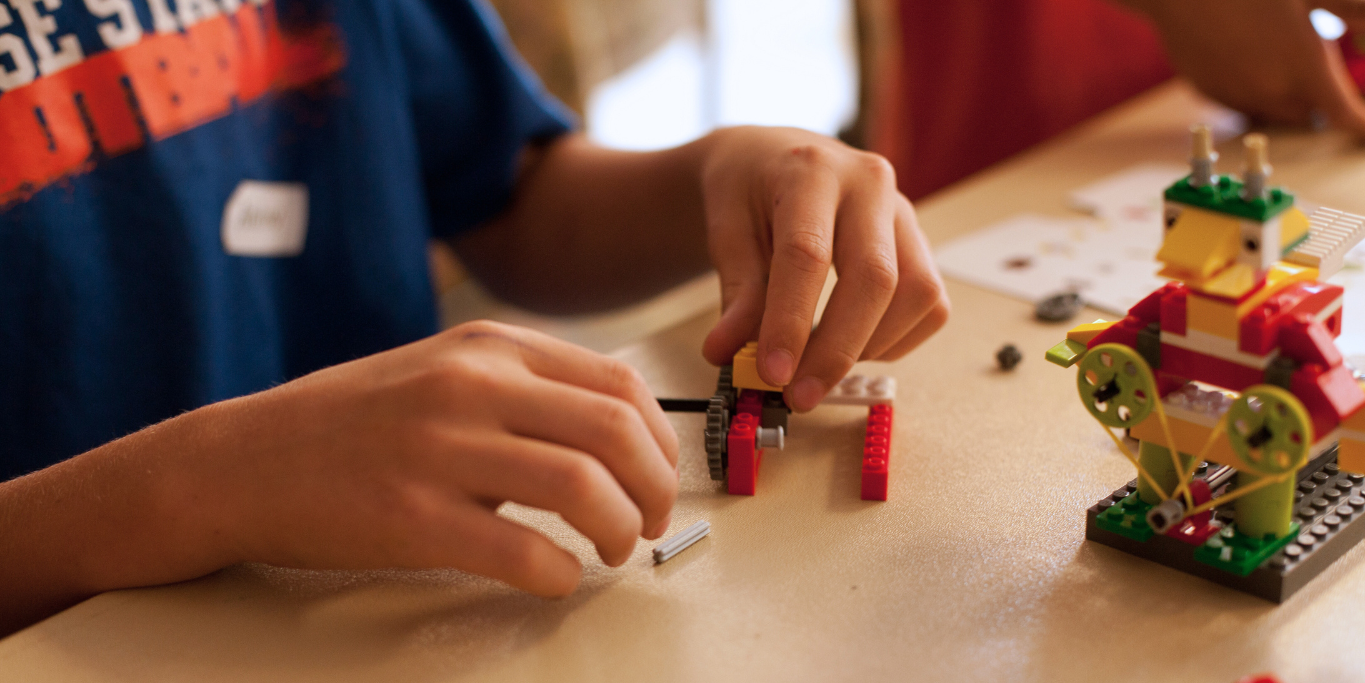In an episode of his podcast, The Anthropocene Reviewed, American Young Adult Fiction author John Green talks about a game he plays with his children: The “Why” Game. He says, “I’ll tell them, for instance, that I need them to finish breakfast, and they’ll say why, and I’ll say so that you receive adequate nutrition and hydration, and they’ll say why, and I’ll say because as your parent I feel obligated to protect your health, and they’ll say why, and I’ll say partly because I love you and partly because of evolutionary imperatives baked into my biology, and they’ll say why…” and so on and so on.
It is in our nature from the time we are children to ask “Why?”
We ask simple questions like, why is the sky blue?
Why are vegetables good for me?
We ask harder questions like, why is water wet?
Why do I feel this way?
Some of these questions have answers a Google search away, and some you have to contemplate for a while.
These why’s and the fellow who, what, where, and how questions are asked in efforts to better know the world and what’s outside of it. It helps us learn about the people around us and teaches us about ourselves.
This questioning is such an inevitable part of the human experience and is a key part of curiosity, the cultivation of which is an integral part of Thanksgiving Point’s purpose.
But curiosity is not just information-seeking.
Curiosity includes desiring, observing, questioning, and exploring.
When you are curious about something, you are more eager to learn about it and more fully understand it. The American philosopher, William James, said curiosity is “the impulse towards better cognition.”
Thanksgiving Point places such an emphasis on curiosity because it does more than just help people gain a stronger desire to learn.
Curiosity helps us adapt to change. Minds with the practiced quality of curiosity are better able to embrace new things because they know how to explore them.
Curiosity makes us happier. Our brain releases dopamine when we discover something new. There is excitement, thrill, and positive emotions associated with seeking something out and finding it.
Curiosity increases achievement. Curiosity is often the precursor to learning. The desire that comes with curiosity to learn something new and more fully understand it leads to more enthusiasm and participation in educational settings and often higher academic and professional achievement.
Curiosity strengthens relationships. Curiosity often leads to investment – in an idea, in a field of study, in a person. The more curious you are about a person, the more you will get to know them, and more often than not, the more likely you are to care more deeply for that person.
Curiosity improves innovation. Curiosity thrives on the idea that we will never know enough. There is always something to discover, something new to learn. This mindset leads to a wonderful lack of complacency and an abundance of invention. Science, for example, is based on the pursuit of an answer to a burning question that develops into a hypothesis, turns into an experiment, culminates into a true or false verdict, and sometimes a whole new discovery will be made.
There are so many benefits that accompany curiosity, and it seems like such an easy and natural thing to back pocket, but there are a few things you can do to help you be curious:
Have an open mind. Curiosity can be stymied by a person’s refusal to question what they’ve already decided or have been told is true. Don’t accept the world at face value – there’s so much under the surface to discover.
Ask questions. A. Lot. Of. Questions. Curiosity cannot exist or be cultivated without asking questions. There is no such thing as a dumb question. Always ask, even if you aren’t sure how long it will take to figure out the answer.
Don’t take things for granted. Getting too used to your surroundings can cause you to stop wondering about them, stop taking a closer look, stop pausing to take it all in, stop exploring – so much of which enhances the intrigue of our everyday experiences.
Stop saying “boring.” As soon as you write something off as boring, you close the door to having enough of a desire to actively try to learn more about it. Everything has a story, you just need to dig a little deeper.
Add some diversity. There’s a whole world out there, and while it is completely fair to like what you like, sometimes it’s good to branch out a bit. Try a different genre or a new subject. We have plenty of people that walk warily into the Biosphere because they are afraid of bugs and walk out excited to learn more about them. You just never know.
Our Museum of Natural Curiosity, as you can imagine, was designed for the purpose of helping people become more curious. It is a trait and a skill you will use for the rest of your life. We believe in the positive impact it provides all ages, and we encourage you to start asking “Why?” so much more in your daily life.




